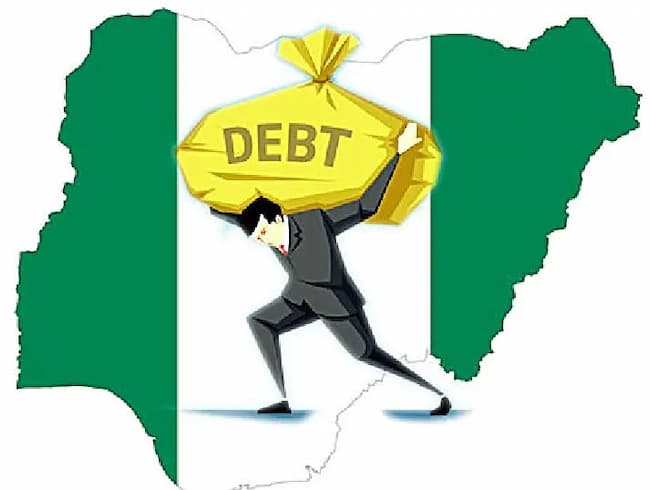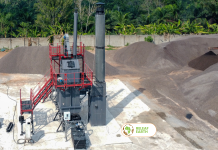In the first six months of 2023, Nigeria depended on foreign borrowing ($1.21 billion) to increase capital imports. According to stats from the National Bureau of Statistics on Nigeria Capital Importation, 28 states failed to attract any foreign investments during the period under review.
Total capital imports in 2023 fell by 30.42 percent year on year in the first half of 2023, to $2.16 billion from $3.11 billion in the same time in 2022.
As insecurity and a challenging business climate continue to stymie foreign direct investment in Nigeria, the country has become more reliant on foreign loans to bolster capital imports.
Foreign loans increased by 17.43% to $1.21 billion in the first half of 2023, up from $1.03 billion as of the corresponding period of 2022.
Commenting on the composition of foreign investments into the country, the NBS said, “In Q2 2023, other investments top accounting for 81.28 per cent ($837.34m) of total capital importation in Q2 2023, followed by Portfolio Investment with 10.37 per cent ($106.85m) and Foreign Direct Investment with 8.35 per cent ($86.03m).
“The production sector recorded the highest inflow with $605.04m, representing 58.73 per cent of total capital imported in Q2 2023, followed by the banking sector, valued at $194.58m (18.89 per cent), and Shares with $68.63m (6.66 per cent).”
Only Lagos, Abuja, Adamawa, Akwa Ibom, Anambra, Ekiti, Niger, Ogun, and Ondo attracted foreign investors to the country.
Recently, the World Bank stated that foreign direct investment into Nigeria has fallen because of limited forex availability, security concerns, and other structural challenges.












